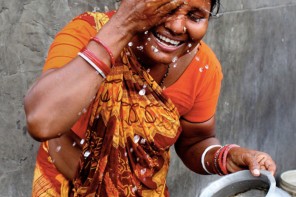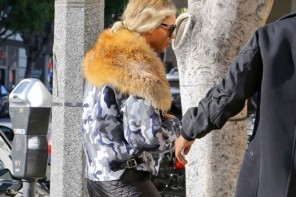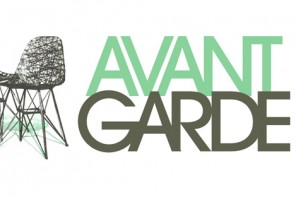Written by: Janine Erasmus
The South African wine industry has become a world leader with the launch of its newsustainability seal, which assures wine-lovers that the product was made using green techniques at every step.
The seal, reported to be the first of its kind, only applies to bottled wines. It is issued by the Wine and Spirit Board, which oversees matters relating to Wine of Origin, cultivar and vintage. The 12-member board is appointed by the minister of agriculture.
The new seal is a joint effort by the Integrated Production of Wine (IPW), a voluntary scheme for sustainable environmental practices established in 1998, marketing organisation Wines of South Africa (Wosa), and the Biodiversity and Wines Initiative, which encourages wine producers to set aside land for conservation.
Although the IPW scheme is not compulsory, it has garnered the support of more than 95% of local wine producers, proving that South African wine farmers have the welfare of the environment at heart. IPW encompasses a variety of wine-manufacturing issues, such as health and safety of the labour force, integrated pest management, biodiversity, and carbon dioxide emissions. IPW certification is also a function of the Wine and Spirit Board. Compliance is a guarantee for green-minded consumers that the wine was produced responsibly and with care for the environment. Certified producers must adhere to guidelines setting out good agricultural and manufacturing practices for both wine-making and bottling. Members are re-assessed annually, and spot checks are carried out periodically.
Seal of quality
The new seal can now be spotted on 2010 vintage wine bottle necks, adorning the plastic or aluminium cork cover. While the previous seal only gave information relating to vintage, varietal and origin, the new version adds the crucial component of sustainability.
With one glance, wine-lovers can now rest assured that the origin, vintage and varietals are accurate, that the wine’s history can be traced right back to the grapes on the vine, and that the wine has been produced sustainably and bottled in South Africa.
This may also encourage producers who export bulk volumes of wine to be bottled overseas, to bring that stage of the manufacturing process back home, as they will not be allowed to carry the new seal on their wines. This will also help to create more jobs.
IPW certified wine producers who comply with both seals are not bound to use any particular version of the seal, but can decide for themselves which one they will use, or whether they choose to use one at all.
Those producers who are not yet certified for the new sustainability seal can still use the original Wine of Origin seal on their products. IPW manager Daniel Schietekat said that the new version will carry the same tracking number as the old one, but will bear the additional phrase “Integrity & Sustainability.”
Sustainable manufacturing process
With consumers becoming increasingly eco-aware, and selective in which products they support, the seal is expected to boost sales of South African wines overseas, especially with the 2010 World Cup on the doorstep and South Africa’s international profile on a high.
“It will help to lay old ghosts to rest,” said Thys Loubser, CE of wine-making cooperative KWV, referring to perceptions about the treatment of South African farm workers. The initiative will also entrench the country’s solid reputation for good environmental practices in the wine industry.
“Although other countries are introducing similar initiatives on a limited scale,” said Wosa CEO Su Birch, “at this stage South Africa is the only country that can implement and certify the concept across the entire local wine industry.”
The tracking system, which is connected to a unique number assigned to the product, provides all the necessary information, right from the vine to the bottling process.
It takes the Wine of Origin system, which provides the provenance of the wine back to the vineyard, one step further because it also takes into account the estate’s wine-growing practices, and guarantees that the producer complied with all the guidelines at every stage.
“This is a highly sophisticated tracking system that is being universally applied across the South African wine industry,” said Birch. She added that about 50% of producers are expected to have the new seal on their bottles in 2010, with more to come in the following vintage year.
Source: Media Club South Africa
The liveeco team




